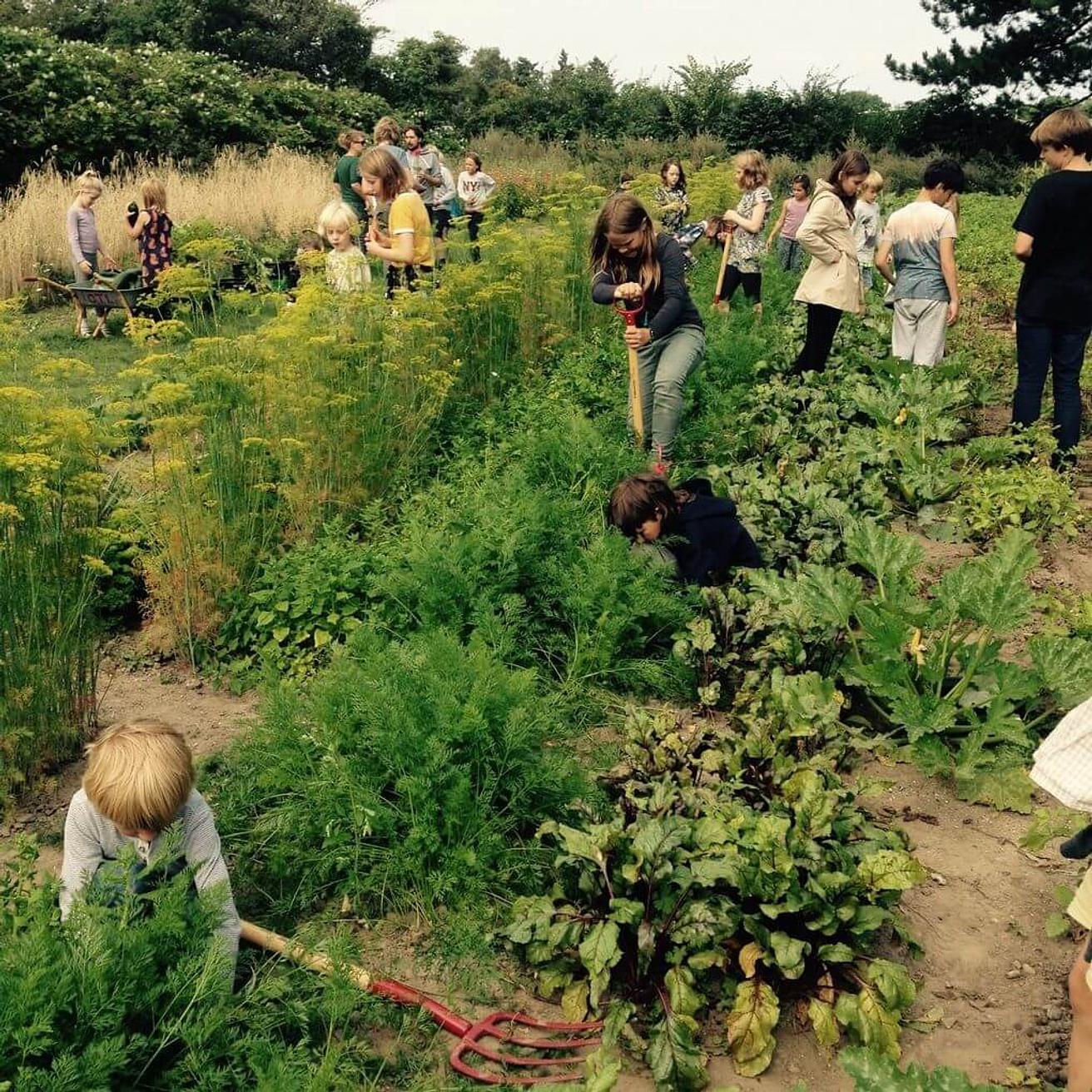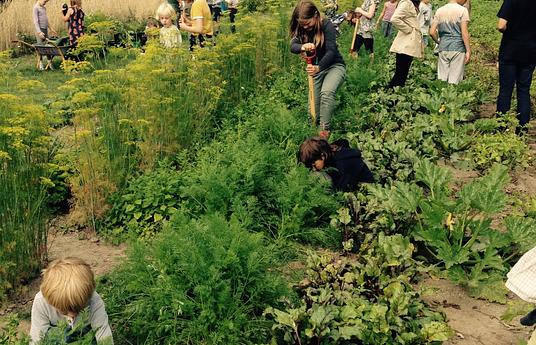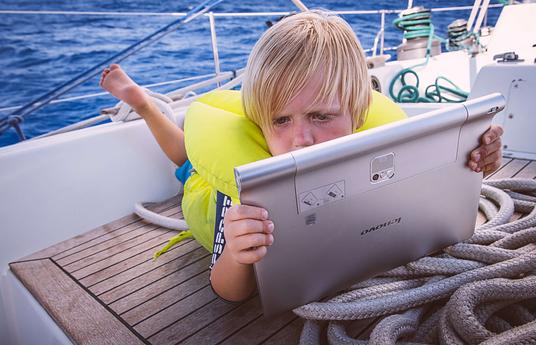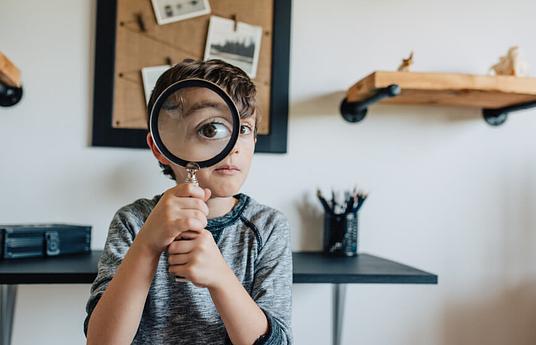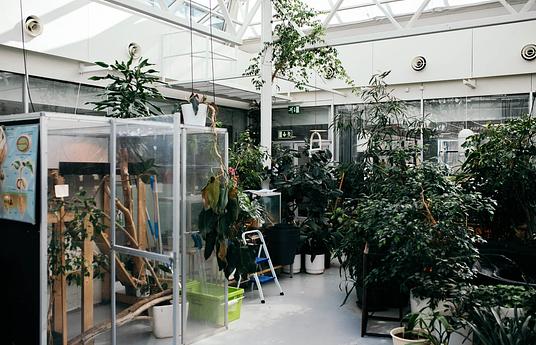It’s a rarity in life that we are ever required to use just one isolated skill set, life just doesn’t divide itself neatly that way. So why when it comes to education do we split everything into distinct subject boxes? Mathematicians don’t just ‘do maths’ and doctors need both empathy and interpersonal skills as well as scientific knowledge. Is it time to rethink strictly subject based teaching for something more mixed?
Of course our Nordic neighbours over in Finland are already a step ahead. Since the curriculum reform in 2016, all Finnish schools are using Phenomenon Based Learning (PhBL) to promote interdisciplinary learning, partly replacing subject based lessons such as ‘maths’ and ‘history’.
PhBL invites learners to dissect real world scenarios or occurrences, such as climate change or the United Nations. The approach is effortlessly interdisciplinary as it invites the learner to understand the phenomenon in context, rather than fractured into many seemingly disparate subjects. Imagine learning about the economics, politics, history, science, media and even psychology that interplay in climate change negotiations – all within the same learning module! Such an approach is bound to inspire passion, invoke curiosity and develop a sophisticated world view.
An interdisciplinary approach like PhBL can have the added benefit of inspiring a more creative use of learning environments and materials. One particularly awe inspiring experiment is the Sail for Good project, which sees a family of 5 making a sailboat their home and school. Foregoing traditional lessons, this method builds on the principle that we are instinctively learning all the time, so the whole world can be your classroom!
The family travel the globe and use every country and experience as a fresh learning opportunity. Indeed, everyday activities and experiences, such as cooking, navigating and interacting with different cultures, can provide unique and memorable learning material with the dual benefit of teaching crucial life skills and meeting Finnish National Curriculum requirements! While this is perhaps the more extreme side of Phenomenon Based Learning, it exemplifies the boundless opportunity for interdisciplinary study that exists beyond subjects and classrooms.
Not everyone has the same flexibility to travel the world, but everyone is able to make more creative use of the world around them. Den Gronne Friskole, The Green Free School in Copenhagen, utilizes Project Based Learning (a close cousin of PhBL) to teach children holistically, with a specific focus on working towards a more sustainable society.
As the learning relates to the real world, a lot of study takes place outside. The school exemplifies how projects on a selected topic, for example mushrooms, could stimulate learning in all disciplines in an organic way. Children can develop skills in geography to locate mushrooms and science to classify them. They might be inspired to draw them and perhaps develop their culinary skills to transform them into a stew.
In this way children can make links between everything they experience - and it’s bound to be more fun and engaging, too! Plus, the projects always have a genuine purpose and tangible outcome, for example a project on urban gardening culminates in a harvest festival. Karen MacLean, founder of the school, explains that projects can be an effective hook for interdisciplinary learning. She told us, ‘there’s lots of experiential stuff right away and then we use that to reach to conventional disciplines such as maths, sciences and so on.’
For Maclean, the benefits of this approach are self evident. She believes the children ‘have a greater sense of themselves as learners and producers of knowledge. They don't equate learning with the classroom but deploy curiosity wherever they are.’ Surely this is the greatest gift a teacher can give.
While some children study subjects in isolation, abstract from their real world implications, the learners at The Green Free School are piecing together the puzzle of the world around them and developing an insatiable appetite for learning in the process. Phenomenal indeed!
